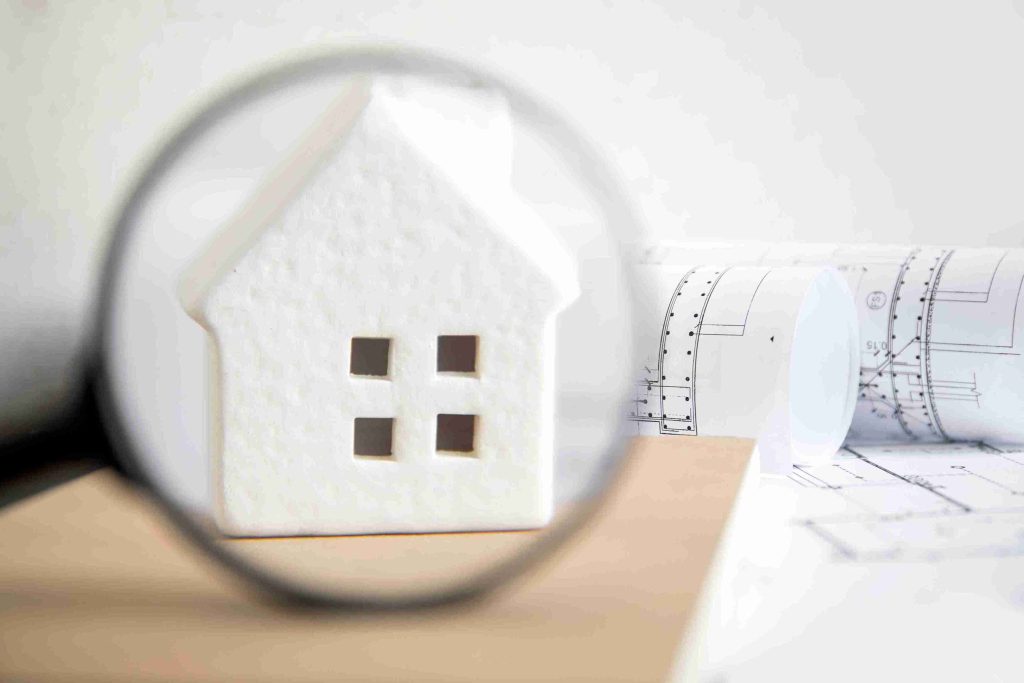Does Allstate require a home inspection is a question many homeowners ask when preparing to purchase or update their insurance policy. While an inspection is not mandatory for every home, Allstate may require one under specific circumstances to ensure the property meets safety and underwriting standards.
Understanding when an inspection is needed, why it is requested, and what the process involves helps homeowners prepare effectively and avoid unexpected delays in securing coverage.
This article explains the conditions under which Allstate requires a home inspection, the reasons behind the company’s evaluation procedures, and the elements typically reviewed during the inspection.
1. Situations When Allstate Requires a Home Inspection
Determining whether does Allstate require a home inspection depends on the property’s age, condition, claim history, and the type of policy requested. Inspections help the insurer verify risk levels, confirm the home’s structural soundness, and ensure the information provided during the application is accurate.
a. Older Homes with Limited Maintenance Records

Homes built several decades ago often pose higher structural risks, especially if electrical systems, plumbing, roofing, or foundations have not been updated. Allstate may require an inspection to evaluate whether the house still meets safety standards. Older properties may contain outdated wiring, aging roofs, or moisture issues that increase the likelihood of future claims. For this reason, the question does Allstate require a home inspection frequently applies to older homes or homes with unidentified maintenance history.
b. Homes with a Significant Claims History
If a property has had multiple or major claims, such as water damage, fire loss, or structural issues, an inspection may be necessary to determine whether the repairs were completed properly. Allstate uses this evaluation to confirm that the risks were addressed and do not pose ongoing threats. The inspection helps the insurer decide if the home still qualifies for coverage or if premium adjustments are needed.
c. Newly Purchased Homes without Verified Condition Reporst
When homeowners purchase a property, Allstate may need an inspection if there is limited information regarding the home’s actual condition. Even if a buyer receives a home appraisal, it may not provide sufficient detail about safety or maintenance issues. Therefore, an inspection ensures that the home aligns with underwriting expectations.
d. Homes with Unverified Renovations or Structural Modifications
If homeowners have renovated or altered the property without recent documentation, Allstate may request an inspection to confirm that changes meet safety codes. This includes additions, basement finishing, major electrical upgrades, roofing replacements, and other structural improvements.
e. High-Risk Locations or Unique Property Types
Homes located in flood zones, wildfire-prone regions, or coastal areas with high wind risk may undergo more frequent inspections. The question does Allstate require a home inspection is especially common in locations where environmental risks significantly influence underwriting decisions.
2. Reasons Allstate Request a Home Inspection
Understanding why Allstate requires an inspection helps homeowners see the process as a protective measure rather than an administrative burden. Inspections ensure accuracy, reduce risk, and help maintain fair premium calculations.
a. Ensuring the Property Meets Safety Standars
A home inspection allows Allstate to evaluate whether the structure is safe for occupancy. Major insurance losses often stem from preventable hazards such as electrical malfunctions, unstable roofing, or water intrusion. By identifying these issues early, Allstate reduces the likelihood of claims while helping homeowners address potential dangers.
b. Supporting Accurate Underwriting Decisions
Inspections provide essential data that helps the insurer set appropriate coverage limits and premiums. If homeowners wonder does Allstate require a home inspection before offering a final quote, the answer is often yes when the company needs additional information to evaluate risk accurately. With a detailed assessment, Allstate can ensure that the policy terms reflect the actual condition of the property.
c. Preventing Fraud and Misrepresentation
Inspections serve as a verification tool to confirm that the information provided during the application is accurate. In some cases, homeowners may not intentionally misrepresent details, but incomplete records or misunderstanding of home systems can create discrepancies. Inspections ensure transparency and accuracy.
d. Helping Homeowners Identify Necessary Repairs
Inspectors often provide insight into areas needing improvement, such as minor roof repairs, gutter maintenance, or outdated systems. While these issues may not always disqualify a home from coverage, addressing them can reduce future risks.
3. What Allstate Inspectors Tipycally Evaluate
When homeowners ask does Allstate require a home inspection, they also want to know what the inspection involves. The evaluation is comprehensive and focuses on identifying existing hazards, potential future risks, and overall structural health.
a. Roofing Condition
Inspectors examine the roof’s age, material, and wear level because roofing problems are among the most common sources of insurance claims. A roof nearing the end of its lifespan could lead to water intrusion, mold, and structural damage.
b. Electrical Systems
Outdated electrical panels, exposed wiring, and overloaded circuits can create fire hazards. Allstate places significant emphasis on electrical safety to ensure the home meets modern standards.
c. Plumbing and Water Systems
Leaks, corrosion, outdated pipes, and water heater conditions are closely evaluated. Plumbing failures often lead to extensive home damage and costly claims.
d. Heating, Ventilation, and Cooling Systems
Inspectors assess whether HVAC systems are functioning efficiently and safely. Poor ventilation or malfunctioning units can increase fire risk or cause long-term moisture issues.
e. Foundation and Structural Integrity
Cracks, shifting, and uneven floors indicate potential instability. Structural defects are serious risks because they can lead to major damage that is expensive to repair.
f. Exterior Features
Siding, windows, gutters, and drainage are inspected to determine whether the home is protected from environmental exposure. Proper exterior maintenance reduces the chance of water-related claims.
g. Safety Installations
Smoke detectors, carbon monoxide detectors, and fire extinguishers are reviewed to ensure compliance with safety standards.
4. How Homeowners Can Prepare for an Allstate Inspection

To avoid complications, homeowners should understand how to prepare once they find out the answer to does Allstate require a home inspection for their situation.
- Clean and organize the home to allow inspectors easy access.
- Fix minor issues like loose handrails, cracked caulking, or broken outlets.
- Gather documentation for recent renovations or repairs.
- Ensure all detectors and safety devices are functioning.
- Provide access to the attic, basement, and electrical panel.
Preparation can significantly influence the inspection outcome and may help homeowners secure more favorable coverage terms.
Conclusion
The question does Allstate require a home inspection depends on several factors, including the age of the home, its condition, past claim history, and available documentation. Inspections allow Allstate to validate safety, assess risk accurately, and ensure fair premium pricing for homeowners.
By understanding the reasons behind inspection requests and knowing what inspectors evaluate, homeowners can approach the process confidently and prepare their property effectively.
Read More: What is a Mortgage E Clause and Why It Matters for Your Homeowners Insurance?